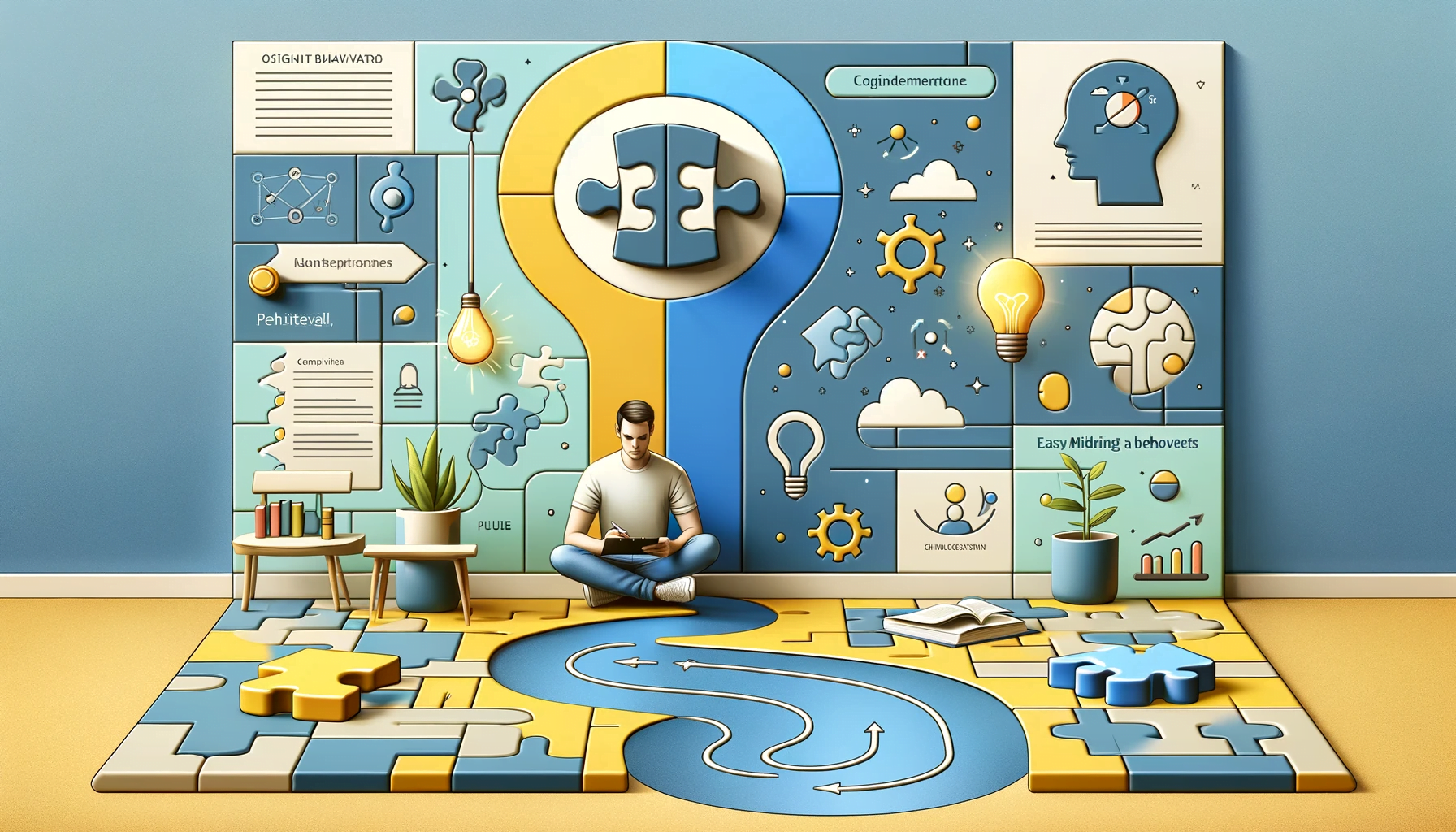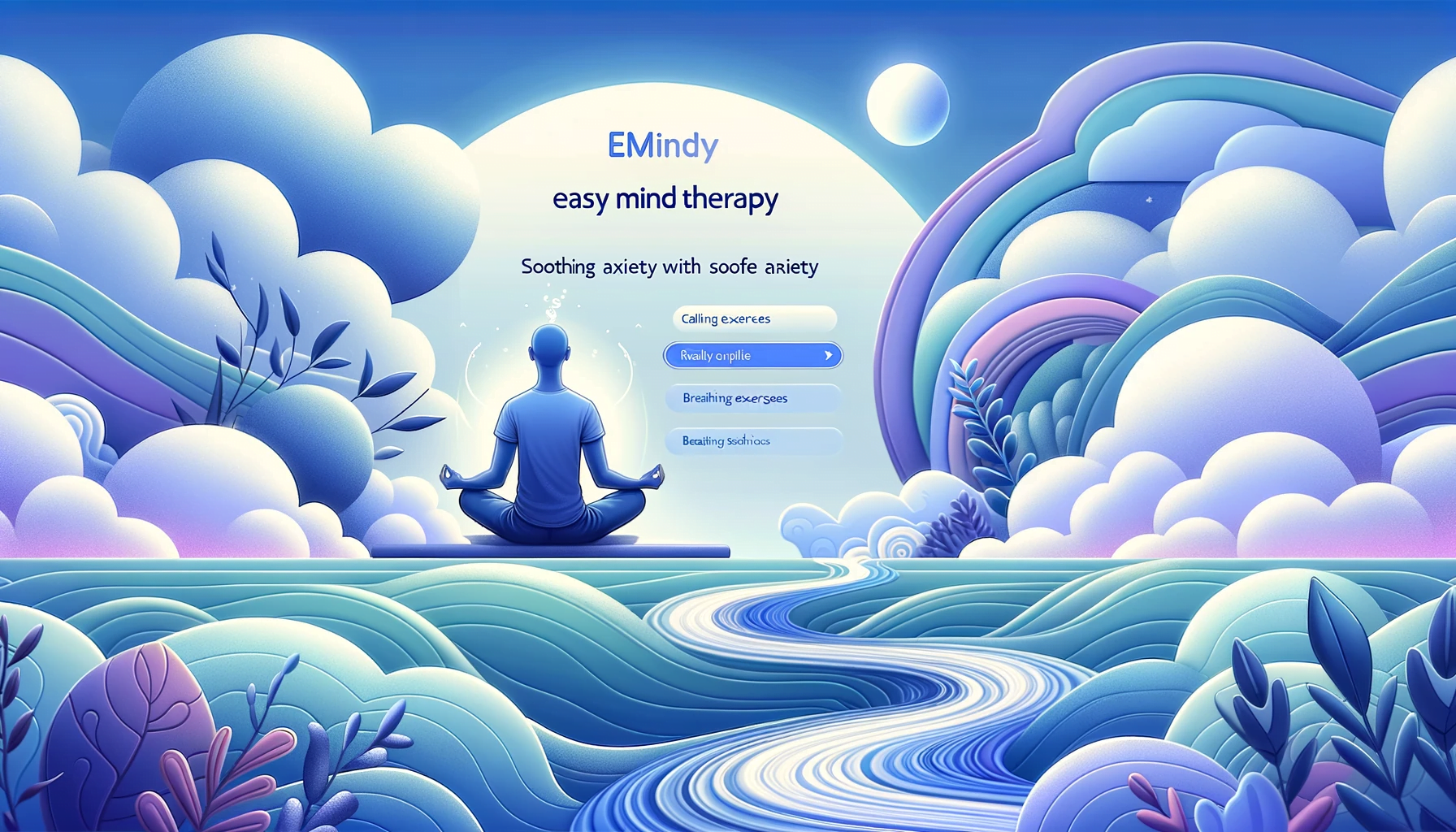Introduction: eMINDy, representing Easy Mind Therapy, introduces a compassionate and practical approach to managing Obsessive-Compulsive Disorder (OCD). This article delves into how eMINDy can be utilized to alleviate the symptoms of OCD, providing individuals with tools to regain control and improve their quality of life.
What is eMINDy? eMINDy or Easy Mind Therapy is a collection of accessible strategies designed to enhance mental health and well-being. For individuals struggling with OCD, eMINDy provides techniques aimed at reducing obsessive thoughts and compulsive behaviors, promoting relaxation, and improving overall mental health.
eMINDy’s Role in Managing OCD:
- Understanding OCD: eMINDy helps individuals recognize and understand the patterns and impacts of OCD on their lives.
- Reducing Anxiety: It offers techniques to decrease the anxiety that fuels obsessive thoughts and compulsions.
- Interrupting Compulsions: Provides strategies to resist and manage compulsive behaviors effectively.
- Enhancing Mindfulness: Encourages practices that foster present-moment awareness and a non-judgmental attitude.
Core Techniques of eMINDy for OCD:
- Cognitive Behavioral Techniques: Strategies to identify and challenge irrational thoughts and beliefs associated with OCD.
- Exposure and Response Prevention: Gradually facing fears without giving in to compulsions to reduce their power.
- Relaxation Exercises: Methods like deep breathing, meditation, or progressive muscle relaxation to ease anxiety.
- Positive Affirmations: Reinforcing a positive self-image and encouraging a mindset of resilience.
Benefits of Incorporating eMINDy for OCD:
- Diminished OCD Symptoms: Reduction in the frequency and intensity of obsessive thoughts and compulsive actions.
- Increased Emotional Control: Better ability to manage and express emotions in a healthy way.
- Improved Functioning: Enhanced ability to perform daily activities and engage in relationships.
- Greater Self-Empowerment: A sense of control and hope in managing OCD.
Implementing eMINDy for OCD Relief:
- Consistent Application: Regularly practice eMINDy techniques tailored to your OCD symptoms.
- Monitor Progress: Keep track of changes in your thoughts, behaviors, and overall well-being.
- Seek Professional Guidance: Work with mental health professionals to integrate eMINDy effectively into your treatment.
- Build a Support Network: Connect with others who understand and can provide encouragement and advice.
Conclusion: eMINDy offers a promising path for individuals seeking to manage OCD, providing easy-to-use, effective strategies for reducing obsessive thoughts, compulsive behaviors, and associated anxiety. Embracing Easy Mind Therapy principles can lead to significant improvements in mental health, daily functioning, and overall quality of life.







